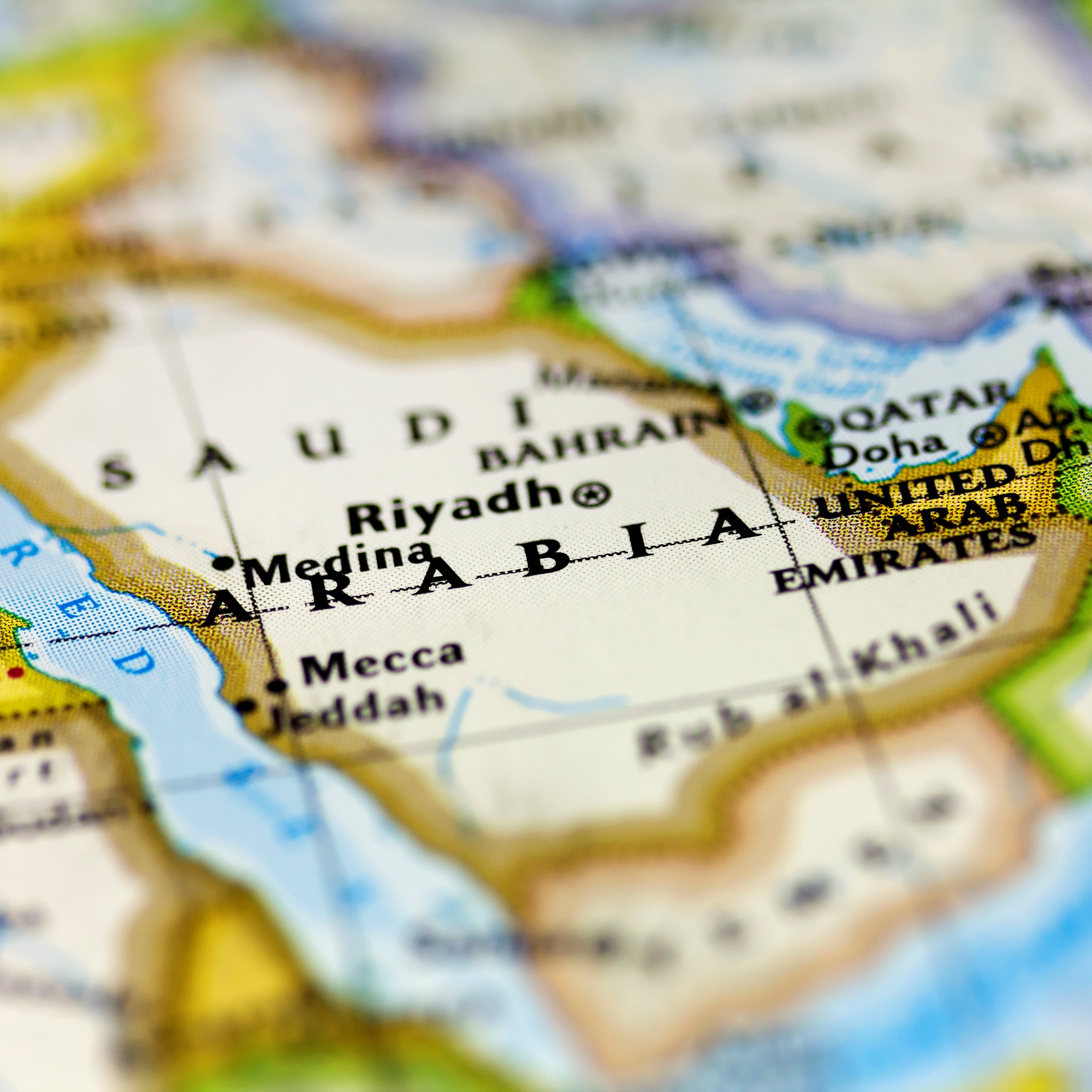
Saudi Arabia’s King Salman bin Abdulaziz Al Saud has promoted his son, Prince Mohammed bin Salman, to be crown prince and the king’s successor, replacing former Crown Prince Muhammad bin Nayef, the new crown prince’s 57-year-old cousin.
Crown Prince Salman, who is 31 years old, is the primary architect of a plan to reduce the kingdom’s dependence on oil and the prime mover behind a proposed public offering of a 5% stake in the country’s government-owned oil company, Saudi Aramco. The Saudis have valued Saudi Aramco at $2 trillion.
Not everyone agrees with that valuation, however. Analysts at Wood Mackenzie placed a value of $400 billion on Saudi Aramco earlier this year, about half the current value of the world’s most valuable company, Apple. At $2 trillion, Saudi Aramco would be worth more than twice as much as Apple.
The new crown prince is also a hard-liner politically and supports the kingdom’s role in the war in Yemen and the recent shunning of fellow OPEC member Qatar. Saudi Arabia’s recent deal to purchase U.S. weapons systems, though not the breakthrough some people suggest, likely was important in King Salman’s decision to elevate his son.
In addition to King Salman’s appointment of his son as crown prince, the country’s Allegiance Council change a basic law of succession, henceforth requiring the deputy crown prince to be from a different branch of the Saudi royal family. The practical effect of the change is that the new deputy crown prince cannot be the son of the new crown prince.
Crown Prince Salman’s big problem is declining export revenues. Crude oil and refined products brought in $134.4 billion last year, down from a peak of $337.5 billion in 2012. The country has had to dip into its sovereign reserves, which have dropped from a peak of $750 billion in 2014 to below $500 billion currently.
The public sale of a stake in Saudi Aramco is intended to stop the bleeding. That’s why it’s worth paying attention to three key issues that will determine the value both of Saudi Aramco and of the piece that the government intends to include in a public offering.
First is the size of the company’s proved reserves, which are defined as reserves that can be produced profitably with at least 90% certainty at today’s economics. Saudi claims of 261 billion barrels of reserves have never been measured and verified by an independent source. The kingdom has not reduced its proved reserves total for decades, even though it pumps out around 10 million barrels a day.
A back-of-the-envelope calculation using an industry-standard value of $8 a barrel for oil in the ground yields a valuation of about $2.1 trillion for the company.
Second, Saudi Aramco also owns refineries and other assets for which the total value is unknown because the company has never published a financial statement. Nor has Aramco indicated if any of these assets will be included in the portion of the company that will be offered for sale.
Third, Aramco currently pays a 20% tax royalty on revenues and a whopping 85% income tax, a fair portion of which goes to support the Saudi royal family’s estimated 15,000 family members in the manner to which they are accustomed.
Credit Card Companies Are Doing Something Nuts
Credit card companies are at war. The biggest issuers are handing out free rewards and benefits to win the best customers.
It’s possible to find cards paying unlimited 1.5%, 2%, and even more today. That’s free money for qualified borrowers, and the type of thing that would be crazy to pass up. Those rewards can add up to thousands of dollars every year in free money, and include other benefits as well.
We’ve assembled some of the best credit cards for users today. Don’t miss these offers because they won’t be this good forever.
Flywheel Publishing has partnered with CardRatings for our coverage of credit card products. Flywheel Publishing and CardRatings may receive a commission from card issuers.
Thank you for reading! Have some feedback for us?
Contact the 24/7 Wall St. editorial team.



